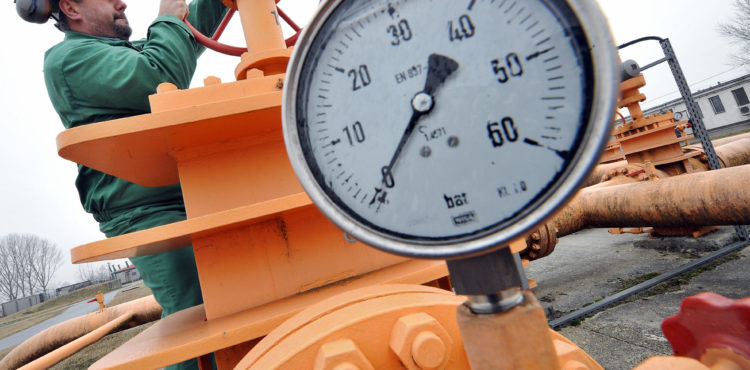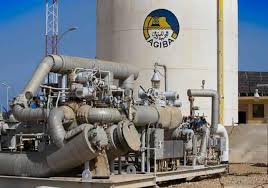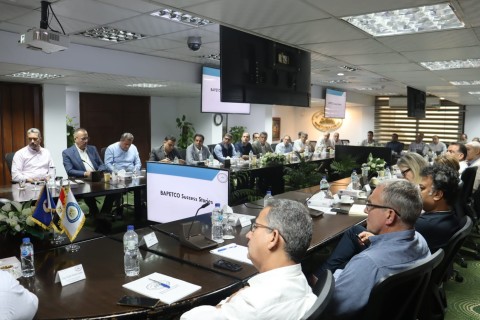Atoll field’s production increased by 28% from 250 million cubic feet of natural gas per day (mmcf/d) to 320 mmcf/d during fiscal year (FY) 2019/20, Mohamed Samir, Pharaonic Petroleum Company’s (PhPC) Head, stated.
Samir’s remarks came during PhPC’s general assembly meeting that was headed by Tarek El Molla, the Minister of Petroleum and Mineral Resources. Samir reviewed the company’s progress during FY 2019/20, noting that the company’s daily natural gas production amounted to 411 mmcf in addition to 7,600 barrels of condensates. He added that preparation for production, engineering designs and manufacturing of the subsurface equipment have been completed, and will be installed to wells Atoll-4 and Qatameya by the end of October. Production of the two wells is expected to reach 160 mmcf/d, with investments of about $280 million.
El Molla also headed the general assembly meeting of Agiba Petroleum Company (APC) where Chairman, Mohamed Beydoun, stated that the company’s production averaged at 44,700 barrels of crude per day (bbl/d), and 20 mmcf/d of natural gas. The company successfully added 10 mmbbl of crude and 24 billion cubic feet (bcf) to its reserves. While the company’s investments reached $349 million, APC has managed to save $39 million by utilizing modern technologies in drilling, increasing equipment efficiency, and using alternative solutions.
Additionally, the company provided Southwest Mleiha field with a 10-inch and 130 kilometers (km) pipeline; discarding tanks completely. APC has also committed to the strategy of abandoning gas flaring, in addition to disposing of the accompanied water, and replacing diesel with natural gas. When it comes to the digital transformation, the company is currently implementing remote control systems for wells and applying the SAP software for data integration within the maintenance and human resources (HR) fields.
El Molla referred to the sector’s plan towards digital transformation to improve operational efficiency and accelerate exploration and production (E&P) activities, adding that this will lead Egypt to increase production rates as well as its reserves, which in turn, will contribute to meeting the needs of the local market.












